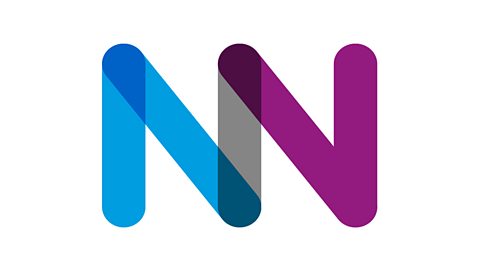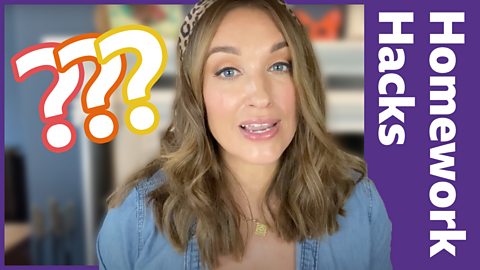As a parent it can be difficult to explain the complexities of finance ourselves, let alone explain it to a child. We've partnered up with some experts to help demystify some of the words and phrases and help you to explain them.
Financial literacy charity City Pay It Forward have created this glossary to help:

| Word | Explanation |
|---|---|
| APR | Annual Percentage Rate is yearly interest that a person or company will pay on borrowed money |
| Budget | A spending plan which covers expected income and expenses over a period of time |
| Bank of England | The central bank which oversees the UK’s supply of money, sets the interest rate and helps to ensure the country's financial stability |
| Bankruptcy | A legal term used when a person, a company or an organisation is unable to pay any outstanding debts. |
| Credit | Credit is a promise that you make to pay someone later |
| Credit Card | A bank card that allows you to buy goods and services in exchange for paying later. You may have to pay interest on top of what you already owed if you do not repay on time |
| Debit card | A bank card that allows you to pay for goods and services, on the internet, contactless or by entering a pin number. It also provides access to a cash machine so you can withdraw cash from your bank account to pay for goods or services. Its key feature is that you can only spend what you already have in your bank account |
| Debt | Generally, when you owe money to someone, a bank or a company |
| Default | When you cannot pay back your debt or what you owe as originally agreed |
| Economy | The way a country manages its money and resources (such as workers and land) to produce, buy, and sell goods and services. Goods are products like cars, computers, or even potatoes. Services are duties performed by one person for another, such as teaching and transportation |
| Energy Crisis | An energy crisis is defined by any great shortage in the supply of energy. This causes the price of gas, electricity or petrol for cars to rise quickly, leading to things being very expensive |
| Exchange rate | A rate that varies over times and defines how much one currency is worth versus another |
| Expenses | Money spent to pay for goods and services |
| Foreign Exchange | A foreign exchange rate is the price of one country's currency in terms of another's. Like all prices, exchange rates rise and fall |
| Income | Money earned mostly from working or employment |
| Inflation | An overall rise in the price of goods and services over time |
| Interest | Refers either to the extra amount you have to pay back when you borrow money, or the money a bank pays you for leaving your money with them |
| Interest Rate | The extra percentage that you pay back on money you borrow |
| Loan | Something you borrow, especially a sum of money that is expected to be paid back with interest |
| Mortgage | A long-term loan to buy a house, flat, building or land |
| Mortgage rate | The rate (percentage) you pay on a mortgage to the lender |
| Pension | Savings that people build up over their working lives to give them an income when they are retired |
| Recession | A drop in economic growth that lasts at least six months. During a recession, businesses sell fewer goods and services |
| Rent | The amount of money that you pay per week or per month to live somewhere if you do not own the property |
| Savings | The process of setting income aside for future spending. Saving provides cash for emergencies (unexpected expenses), short, medium and long term goals, and funds for investing |
| Savings account | A bank account that keeps your money and pays interest and allows withdrawals |
| Standard of living | The overall degree of comfort of an individual, household, or population, as measured by the amount of goods and services its members consume and its access to basic necessities |
| Tax | The money collected by the government from individuals and companies |
| Unemployment rate | The percentage of people who are out of work and looking for jobs. High unemployment rates are a sign of a weak economy |

have resources to help you and your child understand financial literacy.
is a Government run website offering advice on money, debt, pensions and benefits. In English and .
Citizens Advice Scotland has a that can help you find sources of online support.
In Northern Ireland you can search for financial support on the NIDirect
91»»Ī¨ Action Line has further links to useful charities and organisations around hardship and debt.

Disclaimer : All materials in this glossary are provided for information and educational purposes only and do not represent financial advice. The 91»»Ī¨ and City Pay it Forward are not certified financial advisers and the readers‚Äô use of the content is at their own risk.

More from 91»»Ī¨ Bitesize Parents' Toolkit‚Ķ
Parents' Toolkit
Fun activities, real-life stories, wellbeing support and loads of helpful advice - we're here for you and your child.

Wellbeing advice. collection
From healthy eating to mental health, we've got advice for all the family.

The National Numeracy Challenge is an interactive site that helps you learn the maths needed for everyday life.

How to stay positive about maths when teaching your kids
Advice for parents from the National Numeracy charity

Helping with homework for the first time?
Three ways you can support your child when they start bringing homework back from school.

How to boost positivity for your family at home
It can be hard for a family to stay positive and motivated at the moment. Here are some tips from Dr Andrea Danese on how to fight negative feelings at home.
